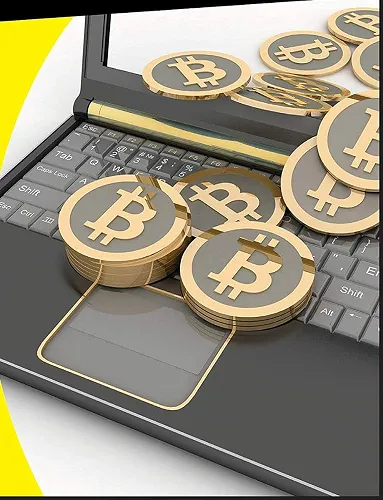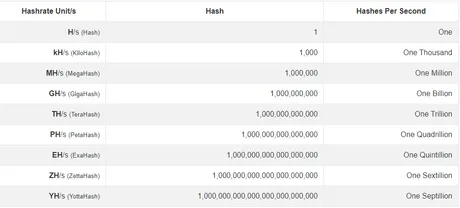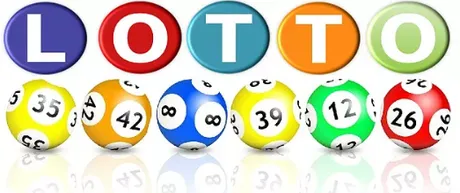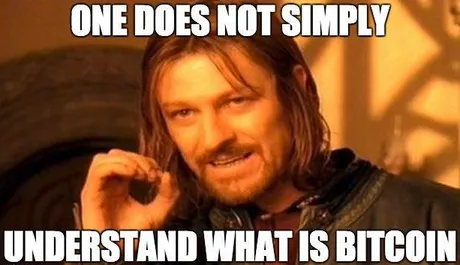
Explaining how Bitcoin works is very difficult.
It's easy to get lost in the weeds. We often find ourselves in an echo chamber talking about this stuff to enthusiasts who already have a serious vested interest within the crypto industry. Then when we go to talk about it to someone who knows absolutely nothing about the topic, it becomes obvious that the strategies for communicating completely fail to translate across this chasm.
Why number go up?
This is the question on everyone's mind. Most people cannot comprehend why some are willing to pay multiple tens of thousands of dollars on "fake internet money". Of course this entire argument is rooted in unit bias; the false ideology that dictates that if someone is going to buy Bitcoin they need to buy at least 1 coin. Again, this is why it's so hard to talk about crypto: because now I'd need to spend another 1000 words explaining what unit bias is before I can continue explaining the intrinsic value of Bitcoin. It's a never-ending rabbit-hole.

Bitcoin mining is a deceptively simple lottery.
Everyone knows how the lottery works:
- You walk into the liquor store and buy a ticket.
- If the numbers land in your favor you make a lot of money.
It's that easy.
The big difference with Bitcoin is that anyone in the world is allowed to print a lottery ticket. In a normal lottery this would be called "counterfeiting" or "fraud", also known as serious felonious crimes, but on the Bitcoin network this is the fundamental backbone of the entire operation.
Another big difference with Bitcoin vs traditional lotteries is that the tickets are digital and the Bitcoin lottery is a lot harder to win, with a much smaller reward. A lotto ticket from the local Stop-N-Go might cost a couple dollars, but a Bitcoin lotto ticket (called a 'hash') only costs as much energy as the computer used to mine it; which unsurprisingly is very little.
Calculating how many hashes (tickets) get printed worldwide is surprisingly easy because all the data is public and anyone can access it. Today, in the Year of Our Lord 2024, we can see that there are over 600 quintillion of these tickets printed every second, commonly referred to as ExaHashes per second (EH/s). For those unfamiliar with these exponential numbers: 1 quintillion comes after 1 quadrillion, which comes after 1 trillion.


Another big difference is that the winning numbers are known in advance.
When we buy a lotto ticket we hope that our numbers will hit. But when we print a Bitcoin ticket we already know which numbers we're looking for. This leads us to a very obvious question:
If everyone knows the number why is it so hard to print?
Winning ticket of block 828932
Mined on February 04, 2024 02:38:44 000000000000000000023b7bcffceeaef095c699bb66a12b93a9c67cb52dddb3
Even though all Bitcoin miners understand they need to get a certain number of leading zeros to win the lottery, generating these winning tickets is extremely difficult to accomplish, as they must be created solely by random chance.
This is known as a hexadecimal number system.
0 1 2 3 4 5 6 7 8 9 A B C D E F
The first digit has a 1 in 16 chance of being zero. Two leading digits have a 1 in 16² chance of being zero. Three leading digits have a 1 in 16³ (1/4096) chance of being zero. ... Nineteen leading zeros is one in 75,557,863,725,914,323,419,136.
On average, this is how hard it is to mine a block today.
As the value of Bitcoin goes up, so does the difficultly to mine it because it's more valuable and competition increases.
But that still doesn't explain why number goes up!
So what is the point of Bitcoin mining?
The ultimate goal of the mining lottery is to provide security to the ledger that keeps track of every single Bitcoin in existence. Because it is so difficult and expensive to cheat the system almost all Bitcoin miners play by the rules and use the blocks that they mine to create a truth-table that shows where all Bitcoin was transferred to over the last 10 minutes (average of 10 minutes per block).
In return for this service they are paid by the network. Anyone who wins the lottery and mines a block currently gets 6.25 BTC, worth about a quarter million dollars at the current exchange rate. Those who cannot mine a block themselves (most people) end up selling their lotto tickets to someone who can, in exchange for a fraction of the reward (called a mining pool).
Databases (called nodes) that contain the entire history of the blockchain know exactly where every coin is. This is important because, unlike every other financial instrument ever created before it, no one in particular controls the ledger and can fudge the numbers for their own benefit.
But again, this is why it's very hard to talk about Bitcoin, because now we are no longer talking about mining and instead pivoting to why mining exists (the ledger). This is a completely different topic and again deserves its own explanation. The complexity to newcomers is seemingly boundless.

Conclusion
In order to understand Bitcoin, one must understand Bitcoin.
In order to understand Bitcoin, one must also understand everything around Bitcoin.
- Unit Bias
- Central Banking and Fiat Currency
- Securities like Stocks & Bonds
- Derivatives
- Ledger Accounting and Double Spending
- Mining Pools
- UTXOs (unspent transaction outputs)
- Geopolitics
- Regulation
- Debt
- Economics
- Centralization vs Decentralization
It can take hundreds of hours to get a grasp on these concepts in tandem, and Bitcoin simply doesn't make that much sense until one has at least a little bit of understanding within multiple professional disciplines.
So why does Bitcoin have value? It has value because all the other truth-tables and economic systems it's competing against are corrupt to the core. Nothing about Bitcoin makes any sense unless we understand that the previous economic systems that others have built before it are all rigged.
This is a tall order for many to both comprehend and agree with, as it often stands completely contrary to what a significant number of citizens actually believe. However, if it was not true to the core, none of what I just said makes any sense, and also number going up exponentially for over a decade would have to be fueled by shear unadulterated communal delusion.
To this day this is what average people continue to believe: that everything is fine and the value of Bitcoin keeps going up, not because the ledger has value, but because people are irrational greedy degenerate gamblers. There are no shortages of examples that continue to bolster this type of confirmation bias.
- Tulips
- Dot Com Bubble
- NFTs
- Exponential volatility
- Fear (FOMO/FUD)
- Propaganda
Slowly but surely, Bitcoin is gaining mainstream adoption. More and more people are going to start having the same questions over and over again. Have I done a good job at explaining Bitcoin mining to someone who has no idea how or why it works? I highly doubt that, but I like to try. Everyone has to start somewhere.
Return from ELI5: Bitcoin Mining for Dummies to edicted's Web3 Blog
